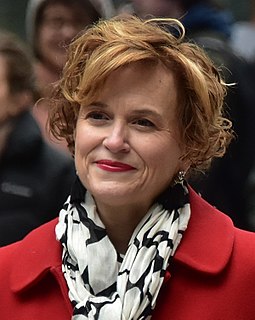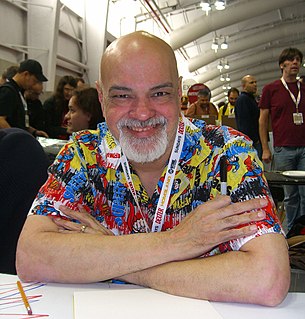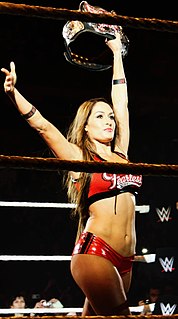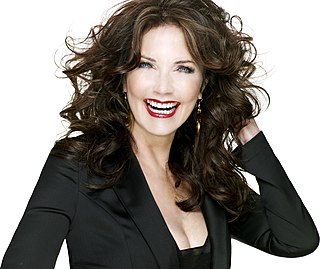A Quote by Trina Robbins
I object to the hypersexualization of all the superheroines. Most of them have been hypersexualized, but especially to Wonder Woman, because she is an icon. She is up there with Superman and Batman. And she is the one who is the big influence on women. Women who don't read comics still know who Wonder Woman is.
Related Quotes
Even when I was a little boy, when I was seven, I absolutely loved Wonder Woman, and I saw her as one of the superhero greats with Superman and Batman, and I think it's because she was her own thing. She always felt like the real deal the same way that Superman and Batman did. Whereas the She-Hulks and Spider-Women and all that kind of thing felt like a continuation of a concept.
What's not fascinating about 'Wonder Woman?' She's powerful. She's strong. She gets her strength from other women. She kicks butt in the world. You know, she's bulletproof, which is appealing. But she also has the Lasso of Truth. That's the thing I would want most, that Lasso of Truth. Because in politics, it would be very handy.
Comics are reflective of what's going on in larger culture. Wonder Woman came to be in her position when women were first entering the workplace in numbers during the war. Then Wonder Woman had another rise in the '70s when Gloria Steinem latched on to her as an icon for the [feminist] movement. I think we're seeing another wave of feminism today, a fourth wave characterized by intersectionality and the internet. And I think it falls right in line that we would see another wave of superheroines coming to the fore.
I'll tell you...why Wonder Woman worked. Or Bionic Woman. Or any of those [shows] really. It was because it wasn't about brawn...it was about brains. And yes, she happened to be beautiful, she happened to be kind of extraordinary in some way, but she wasn't a guy. And I think that, [now], they...put out a female hero, and all they are doing is changing the costume from a man to a woman...they're not showcasing any of the tremendous dichotomies than women possess in term of softness and toughness, sweetness and grit, inner and outer strength.
The real trouble about women is that they must always go on trying to adapt themselves to men's theories of women, as they alwayshave done. When a woman is thoroughly herself, she is being what her type of man wants her to be. When a woman is hysterical it's because she doesn't quite know what to be, which pattern to follow, which man's picture of woman to live up to.
If women had power, what would men be but women who can't bear children? And what would women be but men who can?" "Hah!" went Tenar; and presently, with some cunning, she said, "Haven't there been queens? Weren't they women of power?" "A queen's only a she-king," said Ged. She snorted. "I mean, men give her power. They let her use their power. But it isn't hers, is it? It isn't because she's a woman that she's powerful, but despite it.





































